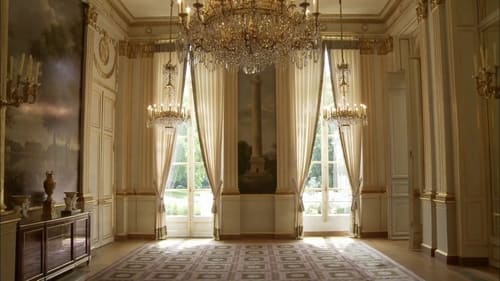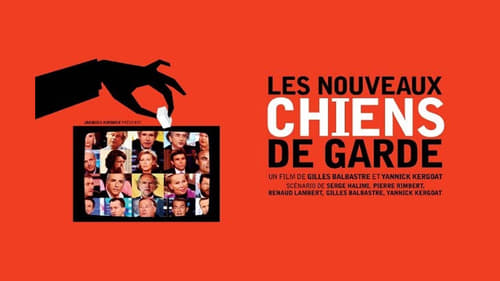Raphaëlle Bacqué
Nascimento : 1964-02-01, Paris, France

Self
The duel between Pierre Péan and Edwy Plenel revisits some of the great moments of French political life and tells the story of more than 30 years of journalism in France. From distrust to attack, from revenge to caricature, the two icons of French journalism, Pierre Péan and Edwy Plenel, have always been at war. Everything opposes them: their working methods, their vision of the profession and even their way of being. Pierre Péan has always worked alone, in secret, while Edwy Plenel was looking for his place in the collective, heading for the upper echelons of the media... In the 1980s, both men became stars of journalism. In the 1990s, with his best-selling investigations, Péan invented his own independent business model, while Plenel became editor of Le Monde. Their exceptional careers have changed the way news is reported in France

Created in 1944, Le Monde soon celebrates its 70th anniversary. The film considers the closest upheavals of the press, from blogging to tweeting, print to the web... A vivid and sensitive portrayal of one of the most prestigious world press titles, and a turbulent profession.

Self
This is the unlikely story of 21 ministers and prime ministers who have crossed or are crossing the french Fifth Republic today. Twenty-one politicians who, from one day to the next, find themselves at the head of a ministry by the grace of a President of the Republic and his Prime Minister. The formation of the government, conflicts of attribution, reshuffles, rumours of appointments, evictions, casting errors: it is all the capricious backstage of the games of power examined here under the angle of confidence and which sheds light on the prestigious but unknown function of minister. An original and instructive political saga on the reality of those who hold or have held this prestigious position.

Self
In 1932, the writer Paul Nizan published "The New Watchdogs" to denounce the philosophers and writers of his time who, sheltering behind intellectual neutrality, imposed themselves as true watchdogs of the established order. Today the watchdogs are journalists, editors, and media experts who've openly become market evangelists and guardians of the social order. In a sardonic manner, "The New Watchdogs" denounces this press that, claiming to be independent, objective and pluralist, makes out it is a democratic force of opposition. With forcefulness and precision, the film puts its finger on the increasing danger of information produced by the major industrial groups of the Paris Stock Exchange and perverted into merchandise.

Writer
In a series of long interviews, 12 prime ministers talk about their experience in the upper echelons of power. The function of prime minister, torn between the president and the parliament, appointed without necessarily being elected but responsible for everything, is at the center of debate. With the exception of Jacques Chirac (1974-1976 and 1986-1988), deliberately left out because of his image as French President, those who governed France for the past 35 years agreed to discuss the exercise of power, as seen through archive footage, but also how they experienced it personally. Filmed in the same studio and sitting in the same chair, 12 French prime ministers talk freely about their time in office, from their appointment until their resignation.




